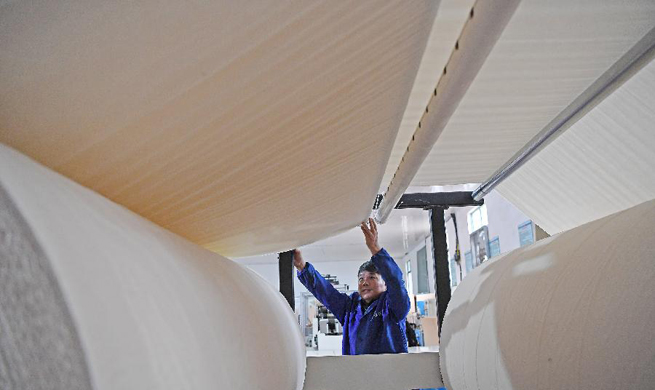CANBERRA, Oct. 26 (Xinhua) -- Almost every Australian younger than 18 years of age is not eating enough vegetables, a government report has revealed.
The "Nutrition Across the Life Stages" report, released by the Australian Institute of Health and Welfare (AIHW) on Friday, revealed that 99 percent of Australians aged between two to 18 do not eat enough of vegetables.
Researchers found that a third of the average Australian's energy intake comes from "discretionary foods" -- high energy foods that are "not necessary to provide the nutrients the body needs" -- a group commonly known as junk food.
Junk food consumption was worse among teenagers who received 41 percent of their energy from the food group.
Children aged between two to eight were the only group who consumed enough fruit while only males aged between four to 11, females aged between nine and 11 and females aged over 71 ate enough grains.
Toddlers aged between two to three were the only group to meet dairy recommendations.
"We are also consuming too much added sugars, saturated fat and sodium (salt), which is probably because about one-third of Australians' energy intake comes from discretionary food," AIHW spokesperson Claire Sparke said in a statement.
"Discretionary foods are foods and drinks that are not necessary to provide the nutrients we need and include items such as cakes, biscuits, confectionery, pastries, potato chips, soft drinks and alcoholic drinks.
"In the teenage years, when discretionary food intake peaks, it is concerning that the data also shows a decline in physical activity at the same time. Physical activity levels are lower among teenagers -- both girls and boys -- than any other age group."













